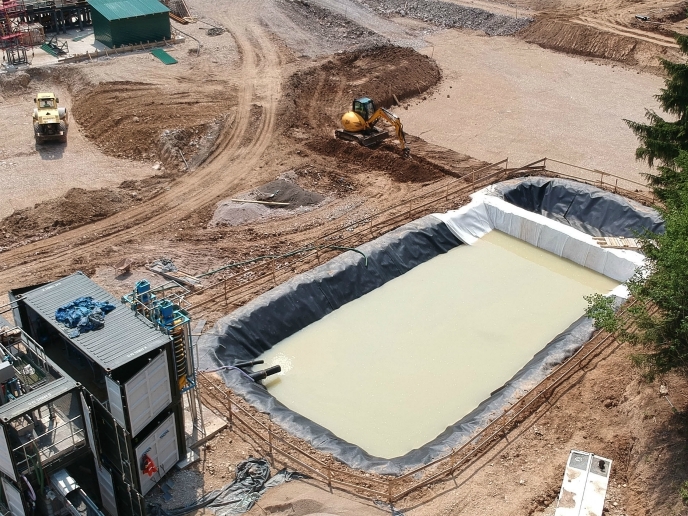Bridging the gap of Europe's new left
On the surface, socialism and Catholicism do not seem like two cultural areas that are linked. Yet in the fabric of European social consciousness the two have been woven together in ideological terms. This was particularly evident between the French Parti Socialiste Unife (PSU) and the Italian Partito Socialista Italiano di Unita Proletaria (PSIUP) in the post-war period. However, their political connection had never been scientifically explored. That is, not until the EU-funded 'Socialism and leftist Catholicism in France and Italy (1956-1972)' (SOCIALCATH) project did exactly that. The project therefore found the meeting point between these two cultural areas in order to support policies promoted by the EU and organisations such as UNESCO. Commonality between PSU and PSIUP mainly rested on the rejection of their respective mainstream ideological base. Each sought a radical democratic form of modernity in which underrepresented segments of the population were defended and hierarchical structures were opposed. SOCIALCATH highlighted alternative aspects of both cultures which arose with new social issues in the 1960s. The relationship between PSU and PSIUP was explored to arrive at the attitude existing in Europe today. SOCIALCATH took an interdisciplinary approach through analysis and comparison. Within that, it achieved its main objectives, including linking the Italian and French new left. As a result scientific publications as well as press articles on the subject of the project have been published. Additionally, project efforts have given rise to conferences, seminars and workshops. This is useful for a better understanding of the current attitude of the European leading class towards society and collective issues.





